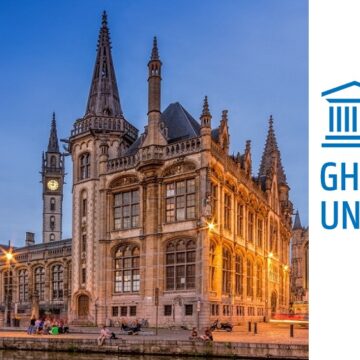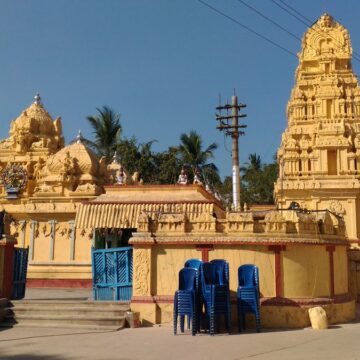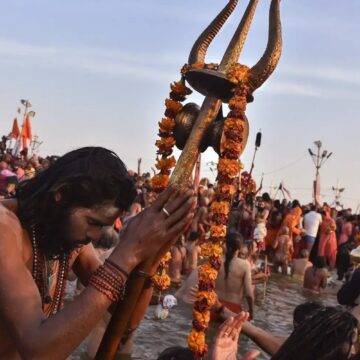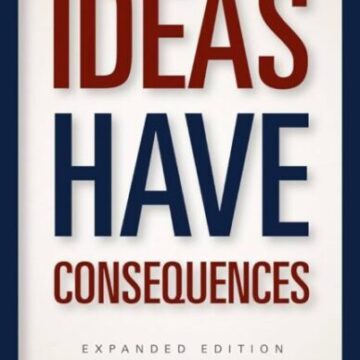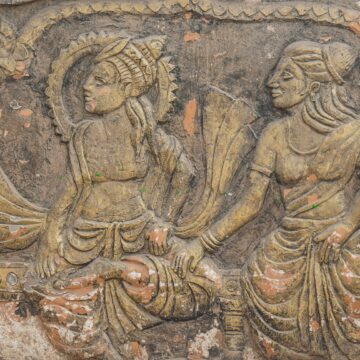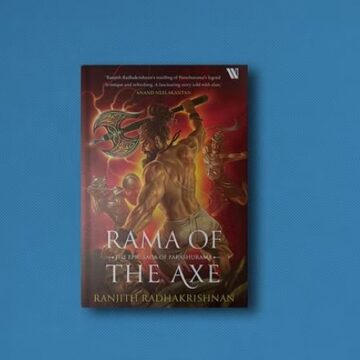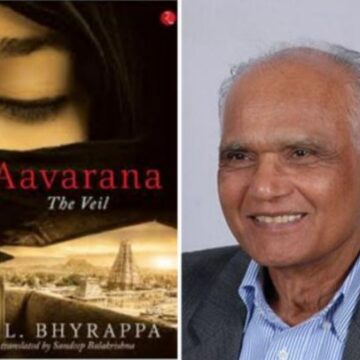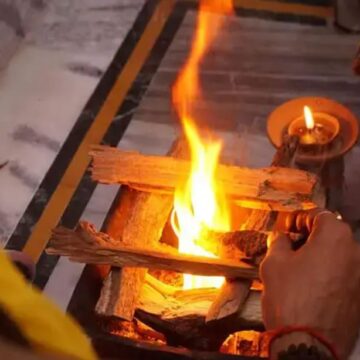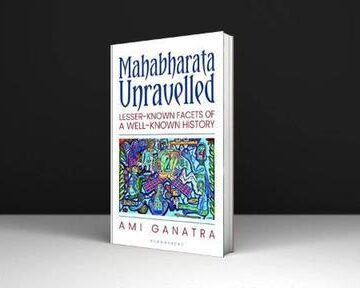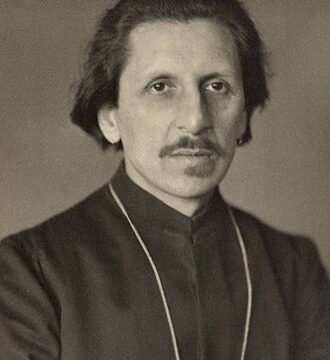The Ghent School, led by Prof. Balagangadhara, challenges colonial narratives that have shaped India's understanding of religion, caste, and culture. It argues that India's traditions differ fundamentally from Western religious frameworks, emphasizing rituals over doctrinal beliefs. The school advocates for decolonizing Indian social sciences by rediscovering indigenous perspectives and rejecting imposed categorizations. By understanding India's traditions on their own terms, it proposes a more nuanced approach to multiculturalism and identity.
Tag: tradition
Mahadev Shambhu – The Story of a Gram-Devata
This story by Rati Hegde, about Mahadev Shambhu, a Gram-Devata, captures the the reality of many such deities and their temples in India. It traces the socio-economic and cultural shifts that have shaped the ecosystem of these temples through the decades. The author paints a poignant picture of how duty and devotion have given way to reluctant obligation even as these deities continue to remain central to the Hindu faith.
A Scientific Perspective on Mahakumbh
At the Triveni Sangam in Prayagraj, where the Ganga, Yamuna, and the mystical Saraswati converge, the Kumbh Mela unfolds as a grand experiment in collective consciousness. This ancient gathering, rooted in Hindu lore, integrates sophisticated scientific principles, from astronomical cycles to fluid dynamics. The 2025 Mahakumbh Mela exemplifies this blend, with AI-powered crowd management and real-time navigation tools enhancing the experience for millions of pilgrims. This convergence of science and spirituality not only preserves cultural heritage but also fosters a sense of unity and shared purpose, inviting both spiritual seekers and scientific minds to explore its depths.
The Vicissitudes in Vision: A Commentary on “Ideas Have Consequences”
Sai Alluri reviews the book “Ideas Have Consequences”, a philosophical classic authored by Richard Weaver in which he diagnoses the challenges of modern age. Sai Alluri talks about how the author investigates the etiology of modern man and attempts to alleviate his condition, requiring the reclamation of what constitutes his essence.
Eternal Love Story of Prabhu Shri Rama and Mata Sita
The Ramayana is an epic of unparalleled significance in Hindu mythology. It is rightly and widely regarded as a story that epitomizes righteousness, duty, sacrifice, and devotion. At its heart, however, lies the eternal love story of Prabhu Shri Rama and Mata Sita; a divine saga that transcends the boundaries of time and serves as the very essence of the epic.
“Rama of the Axe” by Ranjith Radhakrishnan – A Review
A comprehensive review of "Rama of the Axe" by Ranjith Radhakrishnan, and his treatment of plots and characters beyond what is mainstream, including but not limited to the protagonist Bhagwan Parashurama and the antagonist Kartyavira Arjuna.
Aavarana (The Veil) By S. L. Bhyrappa – Translated by Sandeep Balakrishnan – A Review
Rohan Raghav Sharma reviews SL Bhyrappa's "Aavarana - the veil" translated from the original Kannada into English by Sandeep Balakrishnan. He explores the multi-layered plot, the flow of the story, and evolution of the characters while also touching upon salient points of criticism along with his own critique of the book.
Dharmik View on Human Birth and Grihastha Ashrama
Shashank Poddar throws light on the shastrik view and importance of grihashta ashrama in this beautifully researched piece.
Thoughtful Reflections on ‘Mahabharata Unravelled’ by Ami Ganatra
A deeper dive into some characters and aspects of Mahabharata with the help of Ami Ganatra's book "Mahabharat Unravelled".
Ananda K. Coomaraswamy on Education in India
This article is a summary and paraphrasing of three of the important essays by Ananda K. Coomaraswamy on the English education of those times (Education in India; Memory in Education; and Music and Education in India).
These three brilliant essays appear in the book Essays in National Idealism. He wrote on an overwhelming variety of topics, which perhaps would require a lifetime of study for any individual.
The aim of this article is to stimulate readers to undertake a serious journey to the writings of Coomaraswamy, a person whose rediscovery means a lot to present India, confused by a mass of rhetoric eulogising the notions of "modernity" and progress.
The reality of a hundred years ago, that he highlights in these essays, is unambiguously still relevant to India, with its acceptance of both the English language as the major medium of instruction and secularism as the guiding principle of our curricula.

